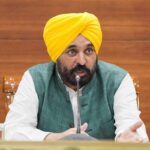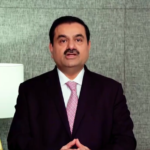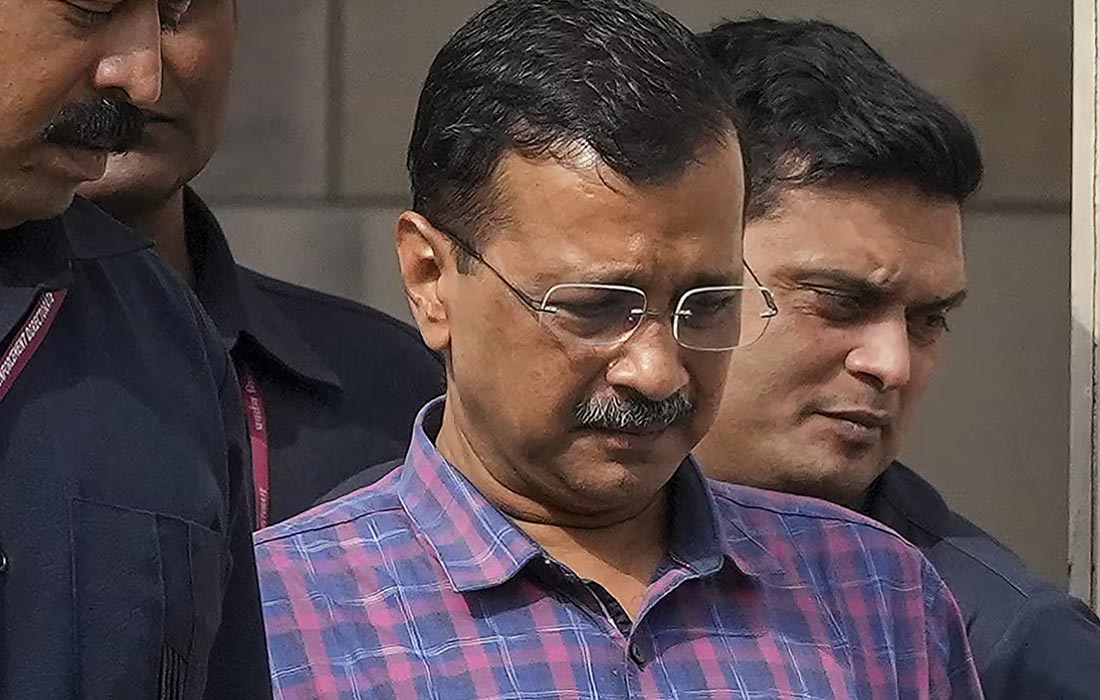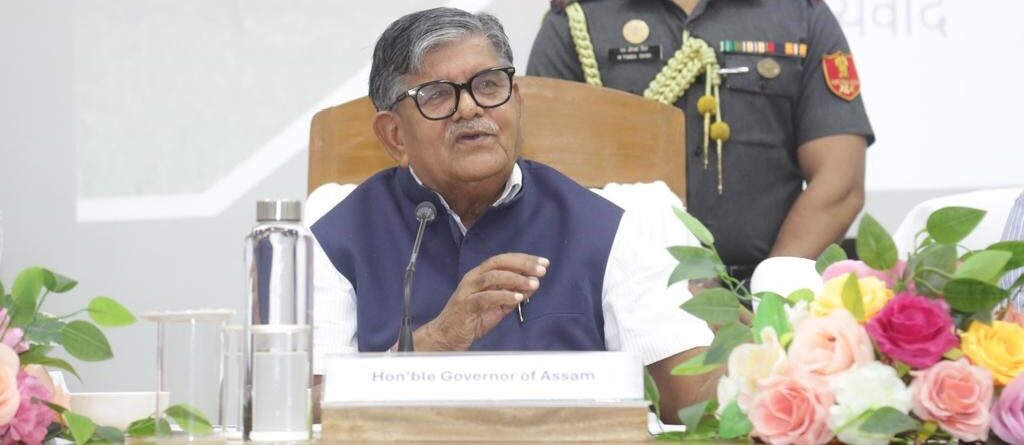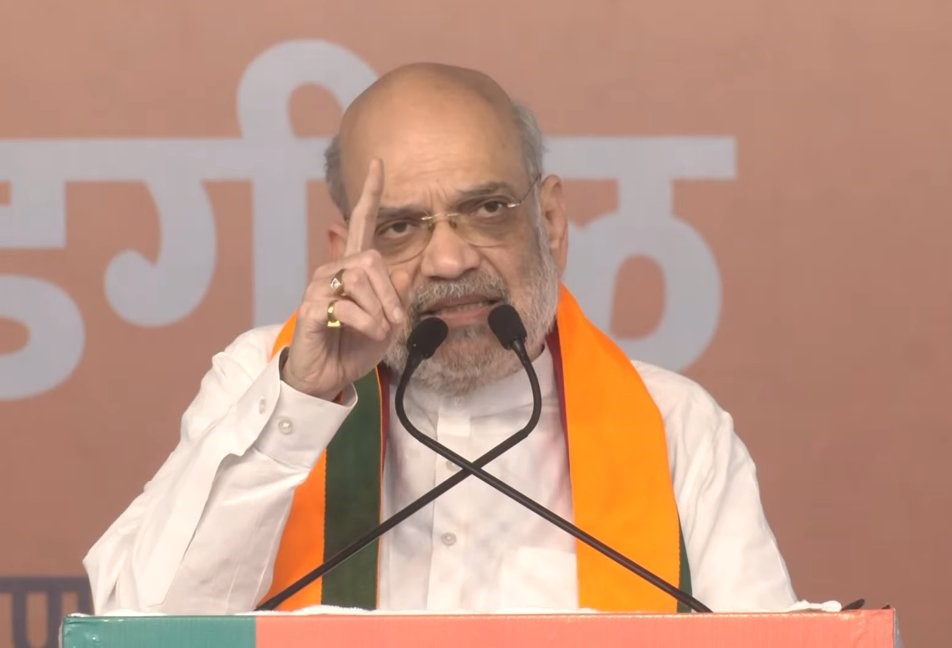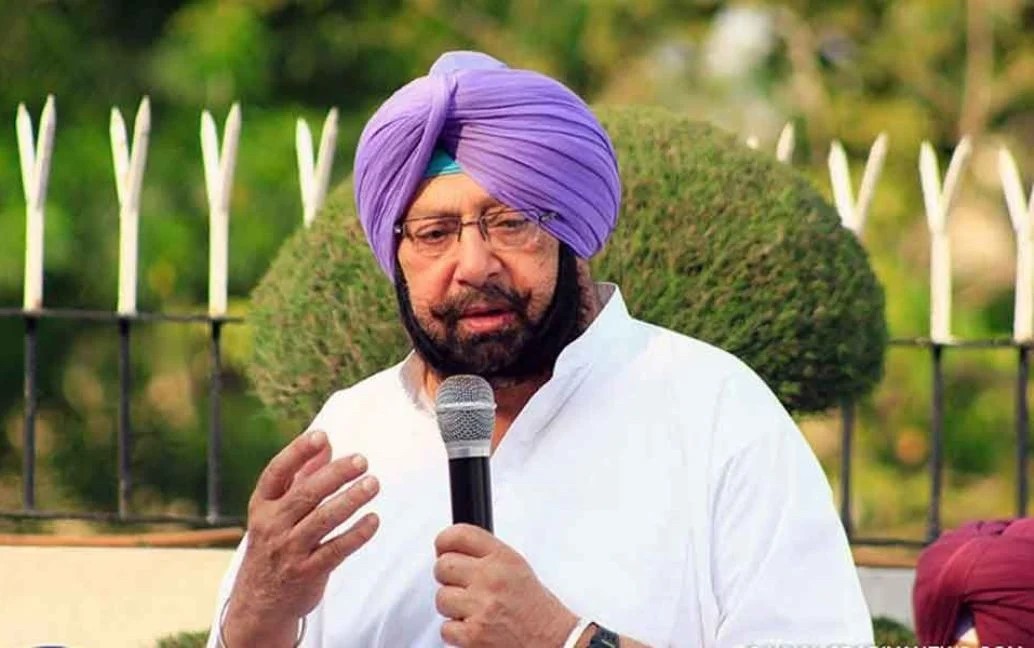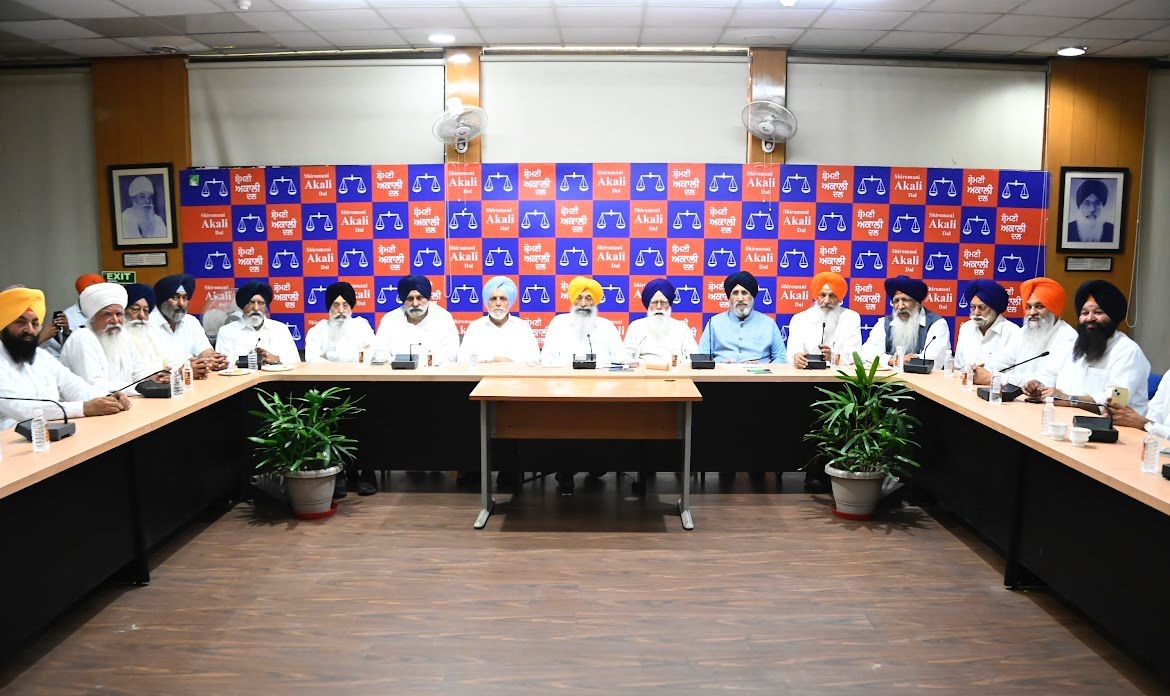The Delhi High Court has scheduled a hearing on September 9 for Chief Minister Arvind Kejriwal’s petition challenging summonses issued to him by the Enforcement Directorate (ED) in connection with a money laundering case linked to an excise policy. This decision comes after a bench, led by Justice Prathiba M Singh, granted Kejriwal an additional four weeks to file a rejoinder to the ED’s reply.
Senior counsel representing Kejriwal requested more time to prepare the rejoinder, citing recent developments and pending legal matters. “Let the rejoinder be filed in four weeks,” the bench, also comprising Justice Amit Sharma, stated in response.
Earlier, the ED had argued that the petition challenging the summonses had become irrelevant following Kejriwal’s arrest on March 21 in the same money laundering case, after the high court declined to grant him interim protection. The court had initially granted Kejriwal two weeks to file his rejoinder on April 22, subsequently extending this deadline by four weeks in May.
Kejriwal, the national convenor of the Aam Aadmi Party (AAP), had approached the high court following the issuance of his ninth summons by the ED, scheduled for March 21. On March 20, the bench had directed the ED to respond to the petition’s maintainability, and the next day, it had also asked for a reply regarding Kejriwal’s plea seeking protection from arrest, declining interim relief at that time. Kejriwal was arrested by the ED later that day.
In a twist of legal proceedings, on June 20, a trial court granted bail to Kejriwal in the money laundering case. However, on June 25, the high court stayed the bail order after the ED contested it. Subsequently, on June 26, the Central Bureau of Investigation (CBI) arrested the Delhi Chief Minister in a separate corruption case related to the excise policy.
The ED has alleged that Kejriwal was in contact with other accused parties in the excise policy case, which purportedly resulted in undue benefits to them and kickbacks to the AAP. Kejriwal’s petition challenges the constitutional validity of certain provisions of the Prevention of Money Laundering Act (PMLA), particularly concerning arrest procedures, questioning, and bail.
Among the issues raised, Kejriwal questions whether political parties are subject to the anti-money laundering laws and alleges that the “arbitrary procedure” under PMLA aims to skew electoral processes in favor of the ruling party. The petition asserts that as a vocal critic of the ruling party and a partner in the opposition INDIA bloc, Kejriwal believes the ED, under the control of the Union government, has been politicized against him.
The upcoming September hearing marks a crucial juncture in the legal battle between Kejriwal and the ED, highlighting broader implications for the interpretation and application of anti-money laundering laws in political contexts.


